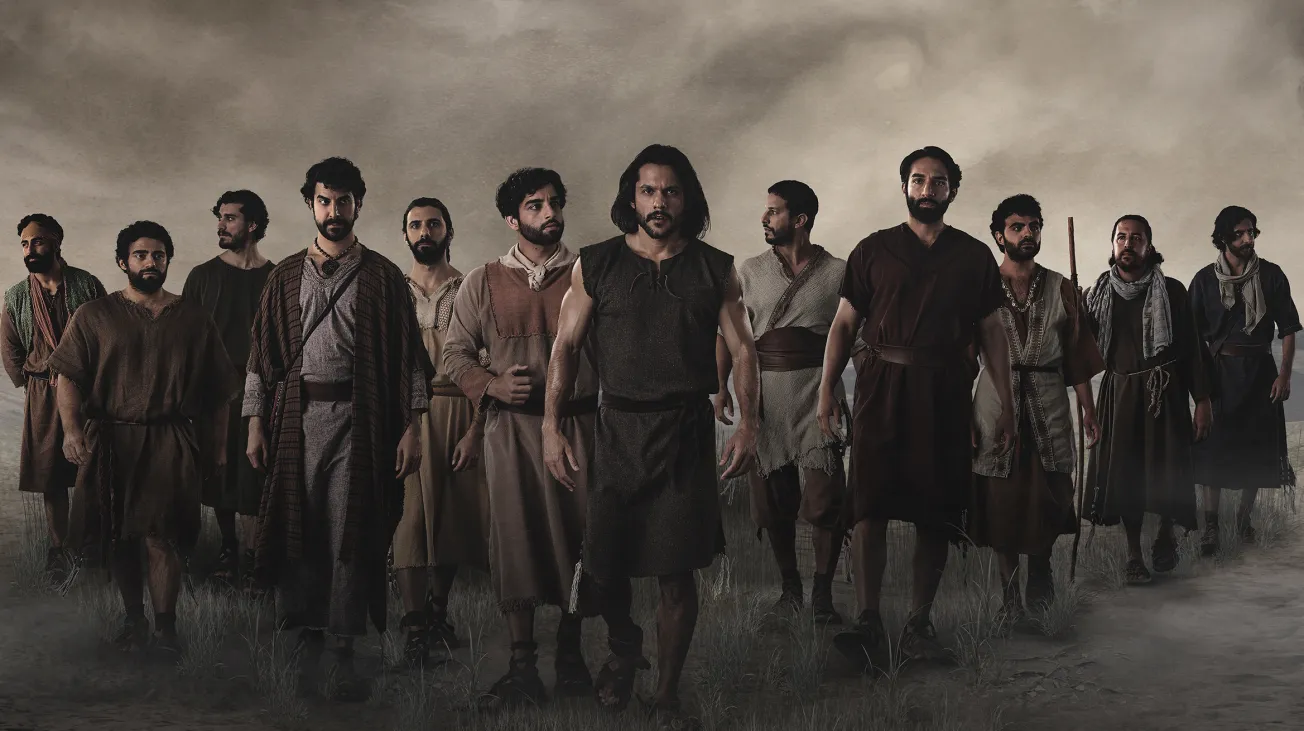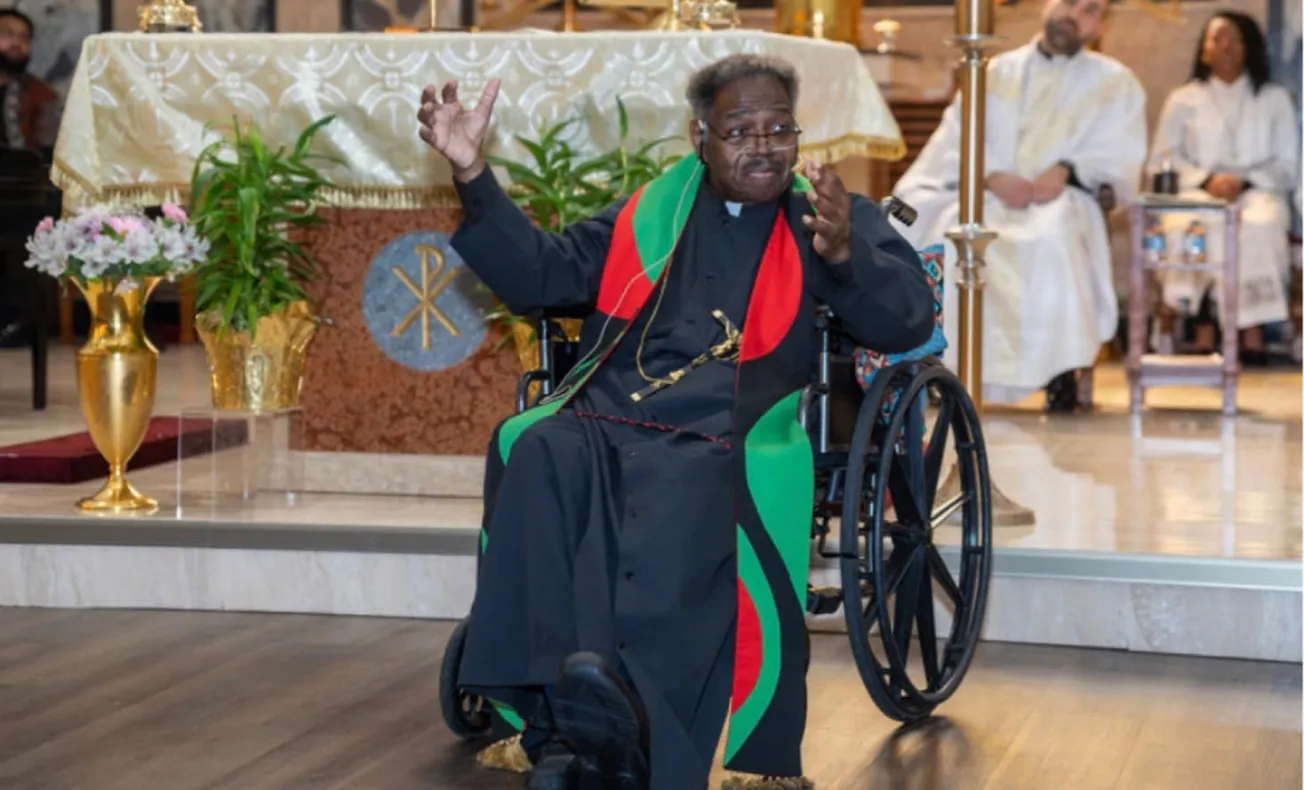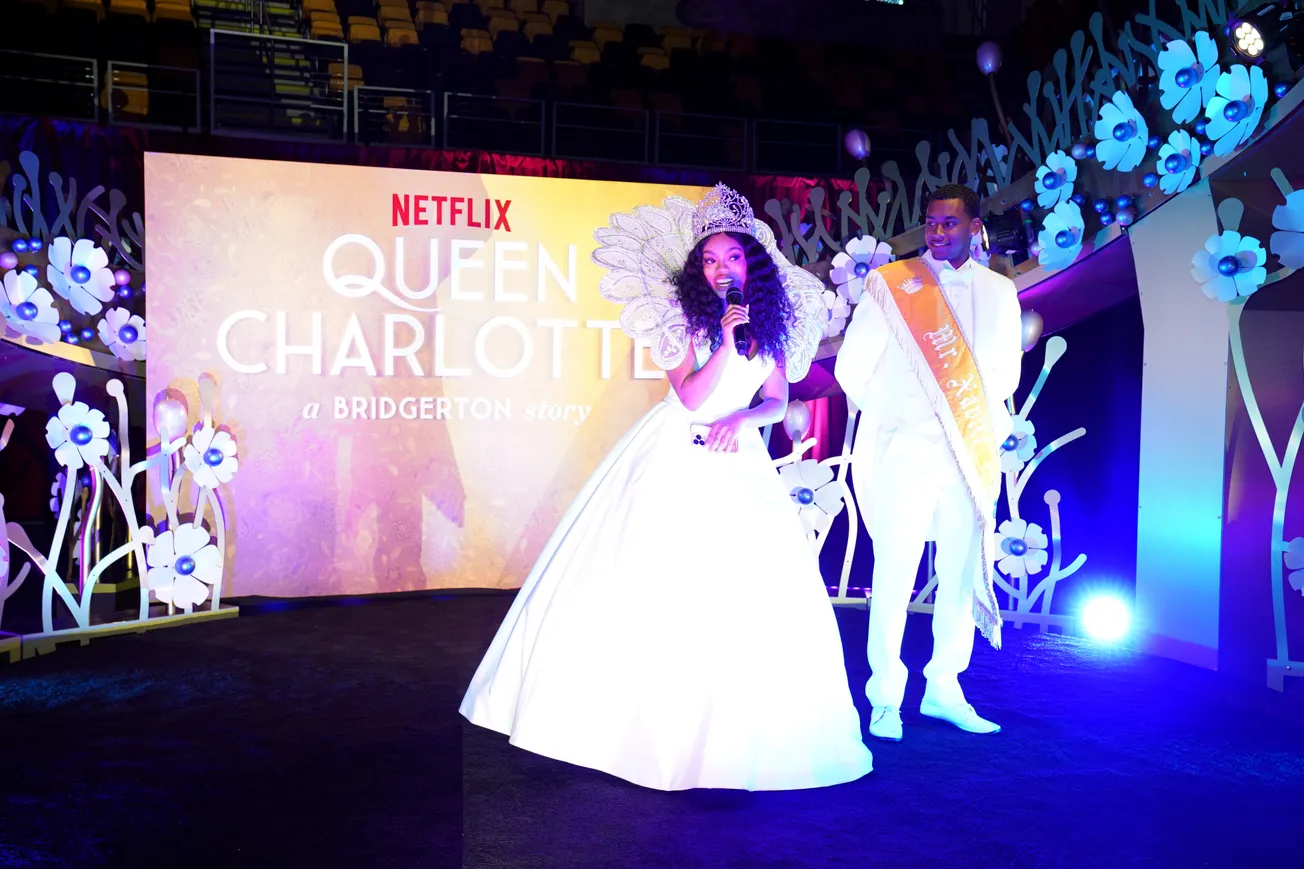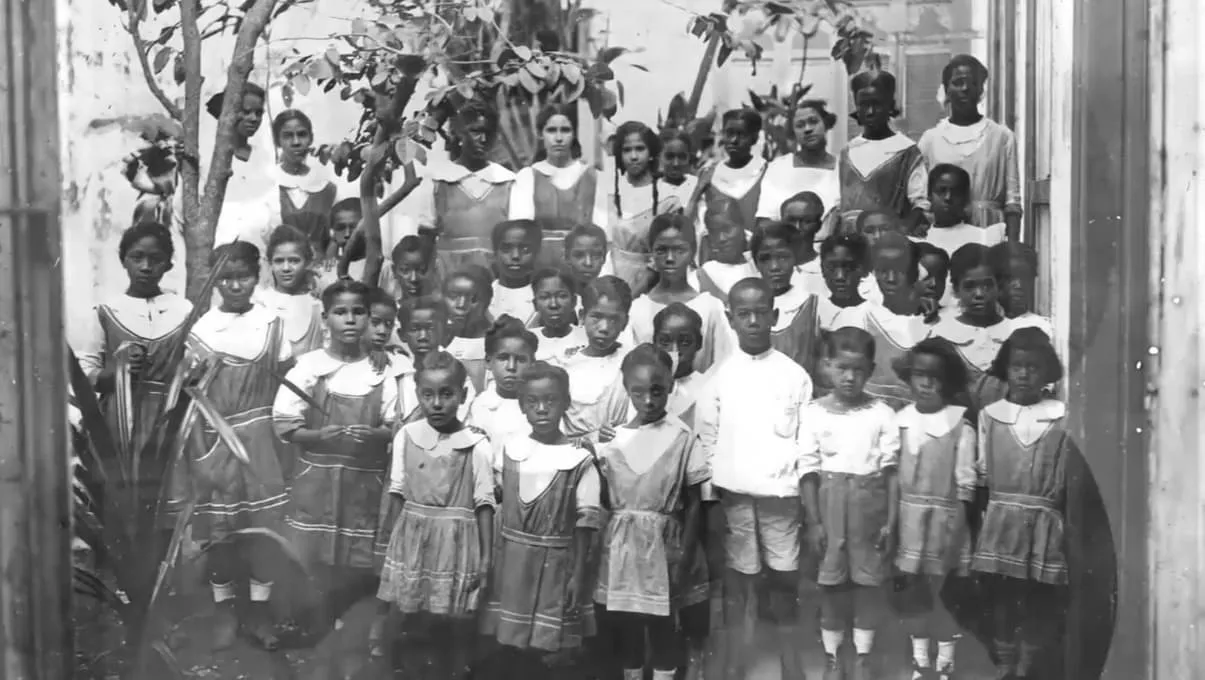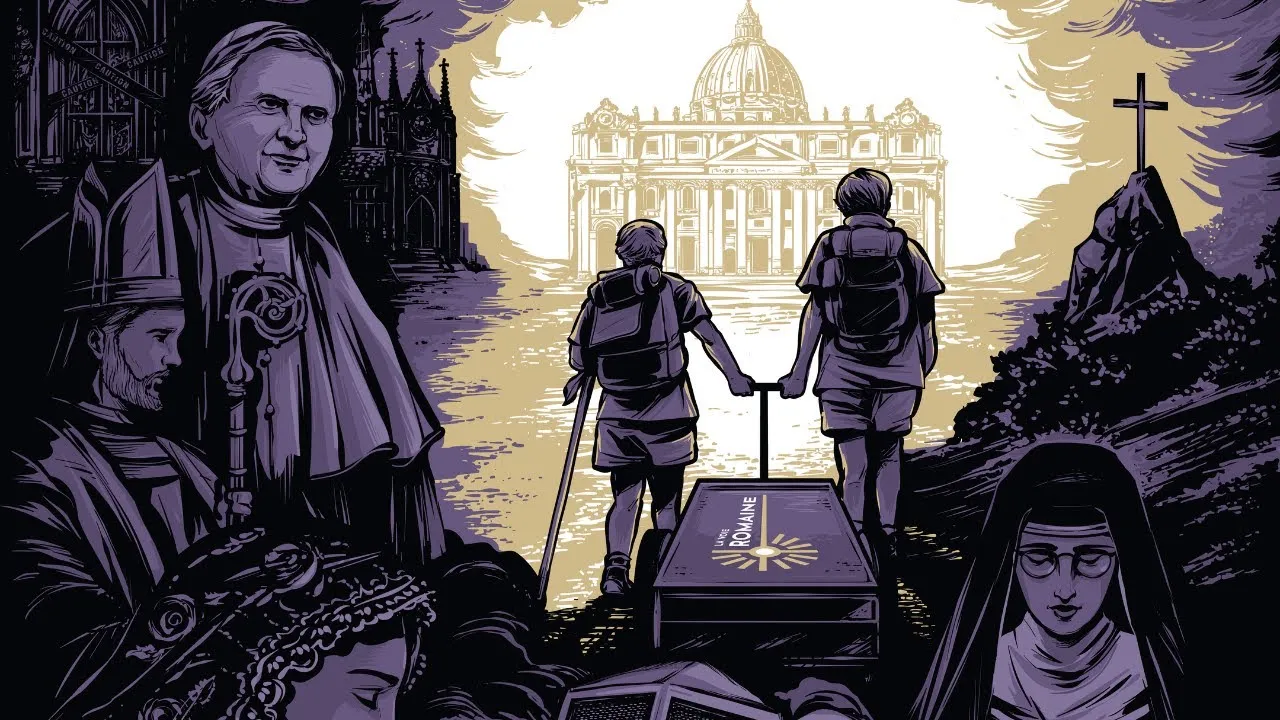The ending scene of the critically-acclaimed HBO show “Succession” presents the unknown future of Logan Roy’s “unserious” children: Kendall, Siobhan (Shiv), and Roman. They are “unserious” because Logan, the patriarch of the Roy media empire, names them as such.
Roman sits at a bar, a martini in hand, smiling because he helped fulfill perhaps his father’s dying wish that his children would not get the company. Shiv—aptly named—must now attach herself to her husband, Tom Wambsgans, whose ascending stardom in Logan’s company outshines her dwindling one. Additionally, she must live with the reality of her fractured relationship with her brothers, whom she betrayed. Finally, Kendall is unsure of who he is outside of his father’s company, suggesting to his siblings that if he is unable to carry his father’s legacy, he “might die.” The show ends very cleanly with the answer to the question carrying the show forward: will either sibling acquire their father’s seat of power? The answer, invariably, is no.
Although the siblings were not able to carry the Roy name forward as media conglomerates, I, like many others, watched with anticipation of some disclosure, a revelation of some self-consciousness in the children with whom I have absolutely nothing in common, nothing to which I can attach myself. Despite my desire to continue to linger—almost entirely because of the entrancing lives of characters who appeared before me as demi-gods, living high above the rest of us in penthouses and company cars—bracing myself for the inevitable fall of the empire, I will admit I was, by the end, sorely disappointed.
What changes in the trajectory of this family’s descent? Actually, nothing really. The end of the show discloses as much as it did in the beginning. The Roy family ended with as much wealth and power as they had at the beginning of the show, with only one caveat, which is that their father no longer runs the company. The stakes of the show are not very deep, upon further reflection.
“I am the eldest boy!” Kendall shouts at the other siblings in a fight, which turns from dialogical to physical. What Kendall wants is order, structure, a hierarchical sense of movement in which he is the beneficiary of his father’s death. Kendall wished at his father’s funeral, where he describes his father as a “force,” that the spirit of his father was—hopefully—somehow passed onto him in his death. Is this a force for good? That does not seem to matter to Kendall. The good is not a central concern for Kendall, who wields concepts like “patriarchy” and “equity” to promote any project he thinks sounds cool among his very rich peers. His peers seem in on the wink, either nodding at the gesture—“Yeah, for sure, the patriarchy”—or seeing through it. The eldest boy cannot seem to notice what everyone else can, which is that he is a shallow character.
Kendall simply wants to be a force, a mover and shaker, no matter who is moved in the wake of that pressure. And he and the other siblings are forces. Who can participate as a force in the show? Of course, forces have to be the wealthy and White, and I say this because in a city like New York, you would think more difference would be a consummate part of the show. But no, not at that level, where the air seems to be a bit different. People of color, if they are in the show, are subjects to be exploited, like everything else, moving pieces in a large game that only the powerful seem to have access to. However, because there is no real attempt at displaying difference, there is little that calls these characters in any real way to live otherwise. To live and walk and move within New York City and not expose the main characters to difference is a choice, and while it may be a reflection of the circles of the wealthy in the city, it positions the characters to experience few obstacles. The question of race and ethnicity in the show is the same as the one about politics: it never moves beyond the level of the absurd, if not the comical.
The absurdity of watching Succession is a reflection of a double-edged sword of our fantasies. On the one hand, viewers want to be the Roys. We want, like the children, to attain the prestige of being in the driver’s seat, able to control and consume the way they do. I remember talking to a friend of mine who noted that what drew him to the show initially was the incredible way they live in New York City. It was the siren call of late-stage capitalism, putting before us a dream life of ease and security, of prestige and renown. Maybe it is also a kind of lure toward the disorder of the Roy family, who look down upon those not at their level of wealth as strivers and bottom-feeders. An example of security can be seen in Connor’s ridiculous run for President of the United States (in a campaign that everyone knows he can never win). Even if he loses, he will still have his life of ease.
On the other hand, the very desire we have to live like them is followed by an opposing dream: their downfall. We want their lives because we covet them, which additionally means we cannot stand the fact that they get to live the way we do not. For the Roys, it is not a dream; it is their reality, which furthers the lack of narrative depth in the show, with little at stake for them. A betrayal here and there to get to the end of a show in which everyone is rich yet feels they have lost it all, a representation of the idolatry of our time. Money seems to be the only thing in this capitalist wasteland. The love of money fuels the love of money which fuels the love of money.
For example, Greg, Logan’s nephew, hitches his wagon to Logan, whom he believes will take care of him, telling Tom and Connor that his grandfather would leave him $5 million in the event that he got fired from the Roy company. Tom and Connor respond by suggesting that $5 million was nothing and that he would effectively be the poorest rich person in America. Their closest notion to a life of joy is acquiring more wealth and power.
“Succession” glorifies, and perhaps even deifies happiness, but a sort of false happiness. The show’s characters do not work for money. That does not seem to me to be the issue. They have plenty. They do not even work for Logan’s approval. They work for the vague sense that they should be doing something to prove themselves in the world, fortifying the notion that what is most important and valuable about one’s life is to “do” something. You are what you do. “What do you do?” The question is a glaring reflection of America’s culture of work and value. But life is experienced beyond value and utility.
Toni Morrison reminds us that “art invites us to take the journey beyond price, beyond costs into bearing witness to the world as it is and as it should be.” The weakness of “Succession,” thus, is that while our culture is disordered in our focus on doing things, on productivity, it lacks the exploration of what happens between and beyond those things. “Where are you?” “How do you see yourself and your world?” Those seem to me to be the most pressing questions left unexplored by the show. The characters do not have any relationships calling them into a fuller experience of the world. Therefore, they can never more fully enter into reality to transform it, as Paulo Freire suggests we should, to struggle at the side of another.
I am not suggesting that the weakness in the show is that the characters are not moral. But character morality is only important insofar as those characters are faced with the choice to be moral under difficult circumstances in which they must face themselves. Other television shows such as “The Sopranos,” “Mad Men,” or “The Wire” feature characters struggling with existential crises within the contexts of the difficulty of morality. Which is to say, the characters struggle with how to be with others. The protagonists of those shows certainly do not act as exemplary figures. However, there is a sense in which the characters of those stories could be other than what they are.
What the Roy siblings “are” is tortured children, which is perhaps its own kind of suffering. Shiv mentions at her father’s funeral that it was not easy being his daughter, and I could see the real effect of their unrecognized and unreciprocated desires to be affirmed by their father. It is really only in the end that I saw the beginning of their story begin to form. A new consciousness, an understanding of their place in the world that is difficult to perceive, now blooms on the horizon, shining in Kendall’s face as the narrative unfolds toward its end. What will become of these three with their loads of money to keep them safe with nothing to do? It is the vital question that emerges unexplored in the conclusion.
“Succession” is a show we watch to ultimately see whether the three children will in the end walk away from their world. Will they repent? Sadly, none of them do, which forces the viewer to ask the uncomfortable question of whether they ever could. What necessary “pains and trouble,” as John Keats wrote, have they experienced to “school [their] intelligence and make it a soul?” The soul-making of “Succession” begins at the close of a show in which the Roys pillage, plunder, and send illicit photos of one another, playing in the world like their own personal playground, sucking away the force of anything that dares call them to another life.
Christopher M. Cruz, Ph.D. is an independent curriculum scholar and teacher at The Paideia School in Atlanta, Georgia. His forthcoming book with Routledge is entitled “Curriculum as Confession: The Promise of Teaching for Selfhood and Truth.”



